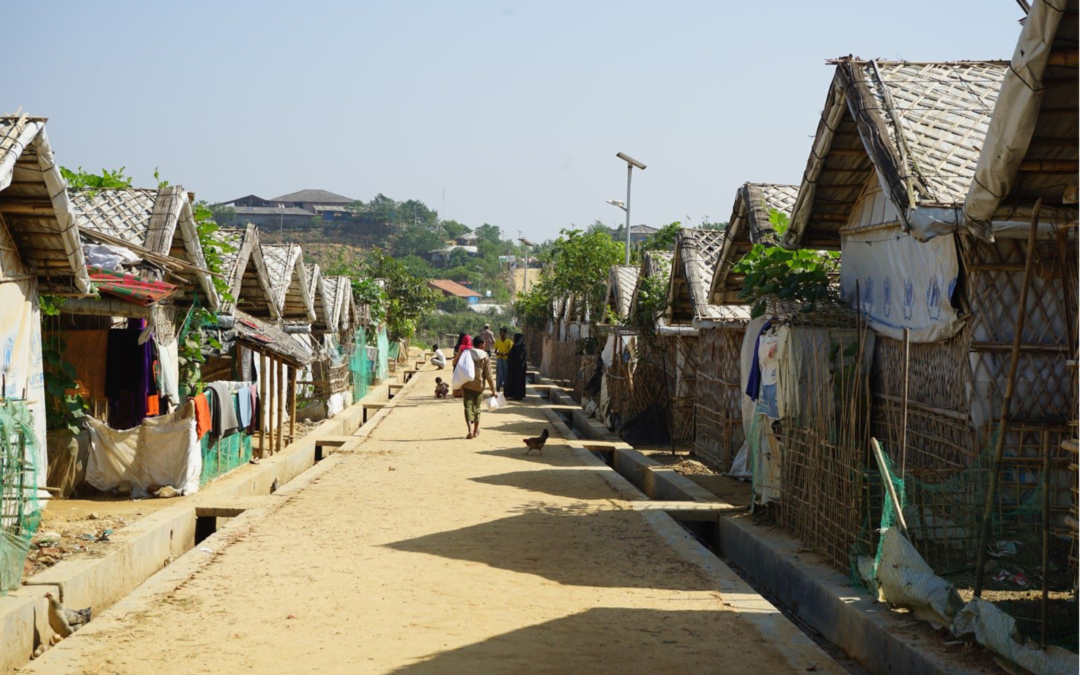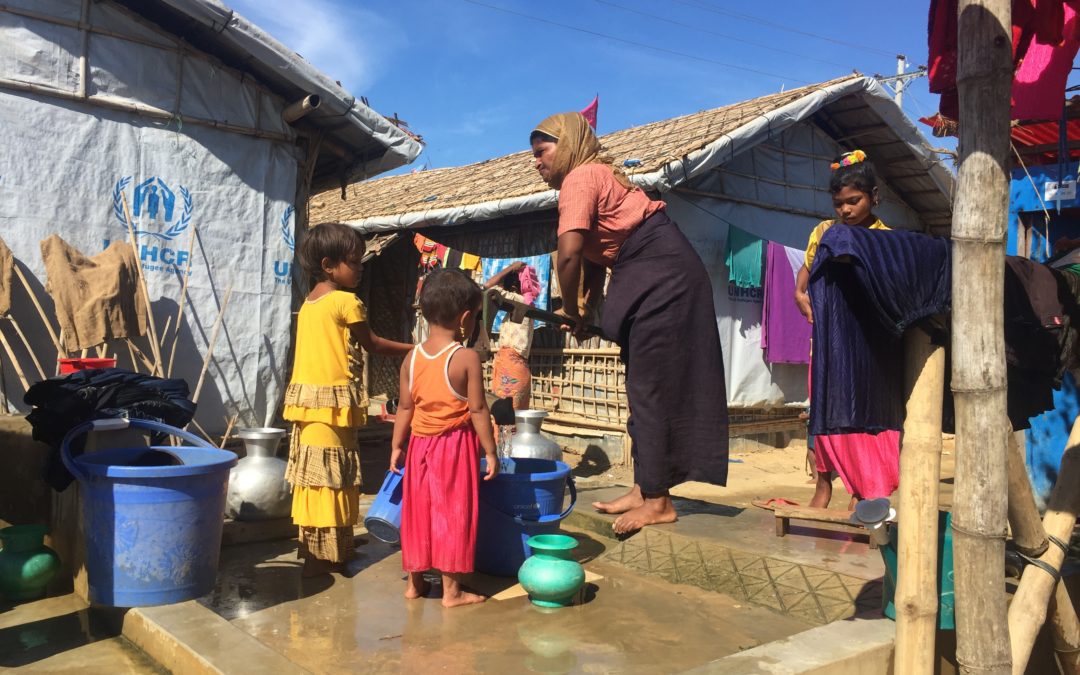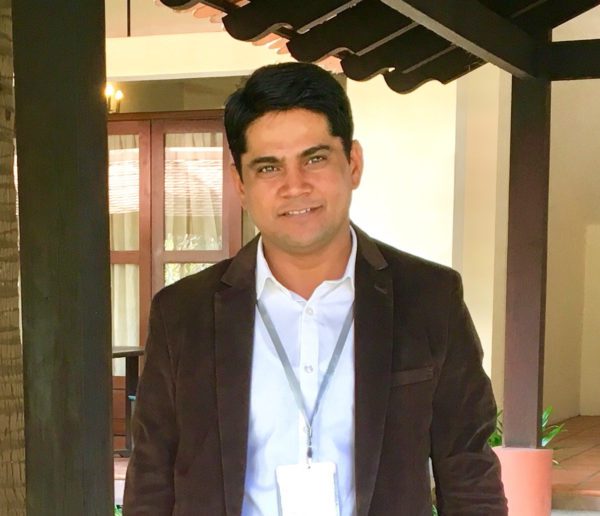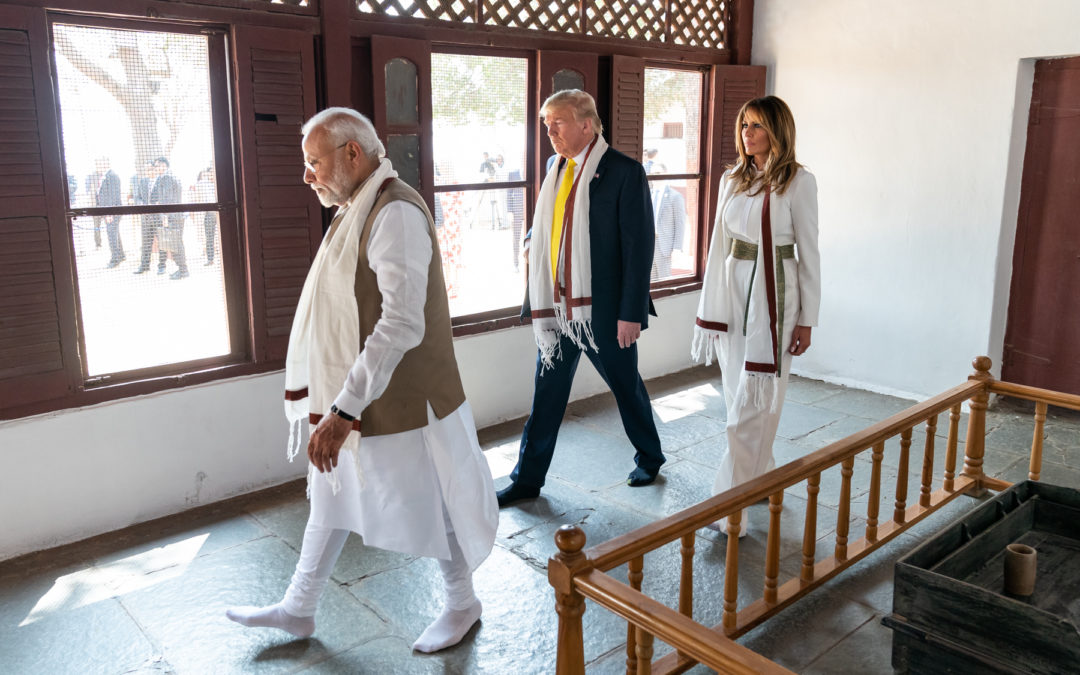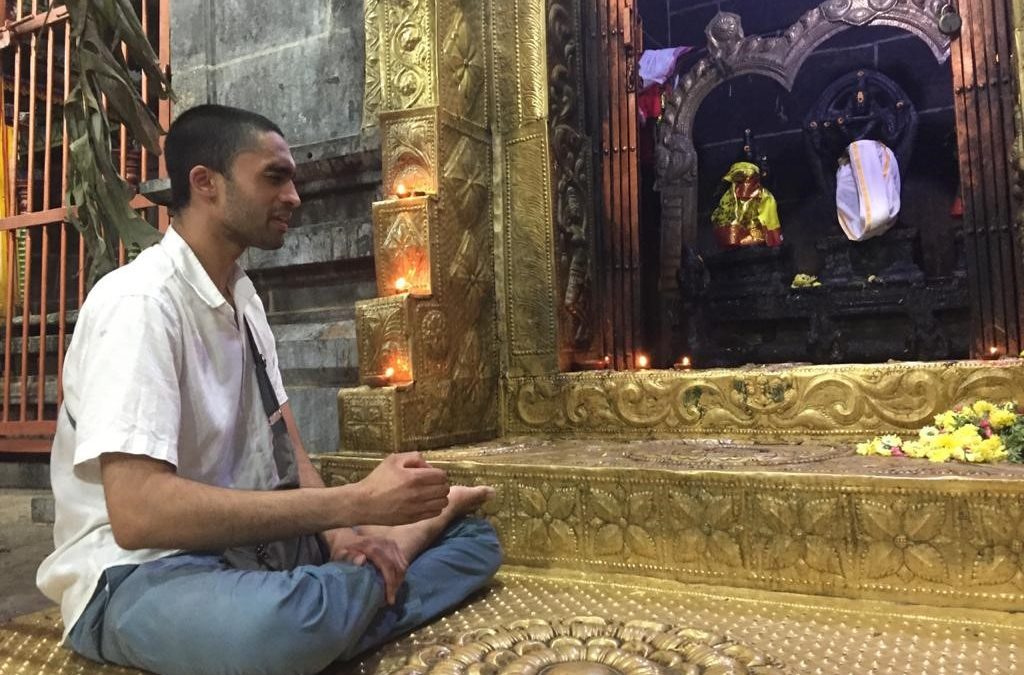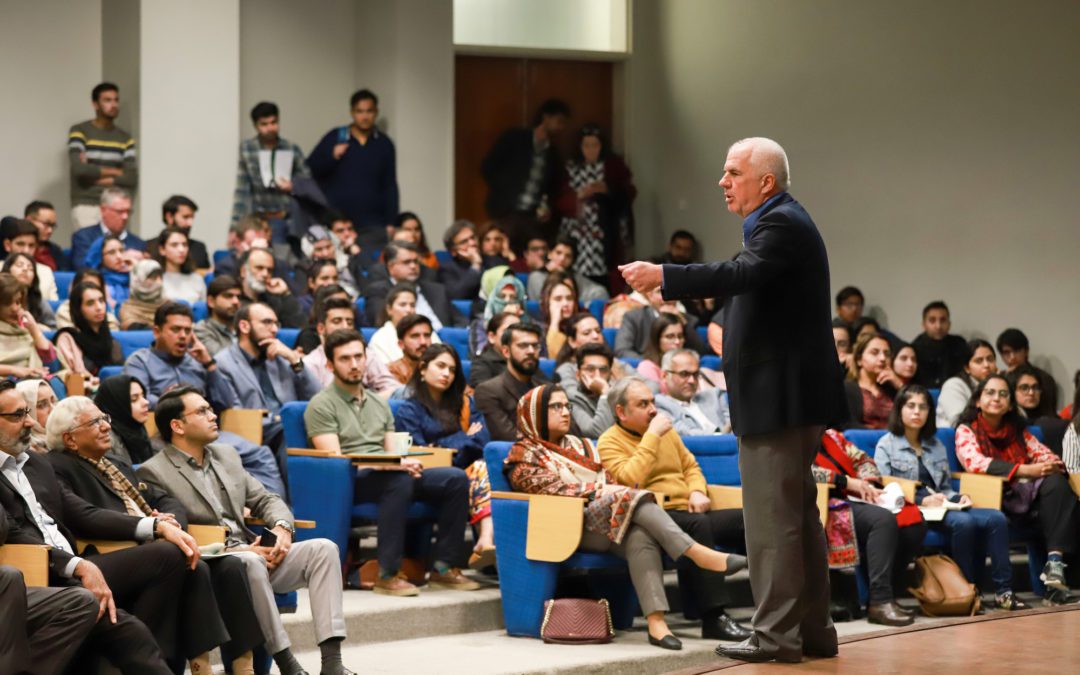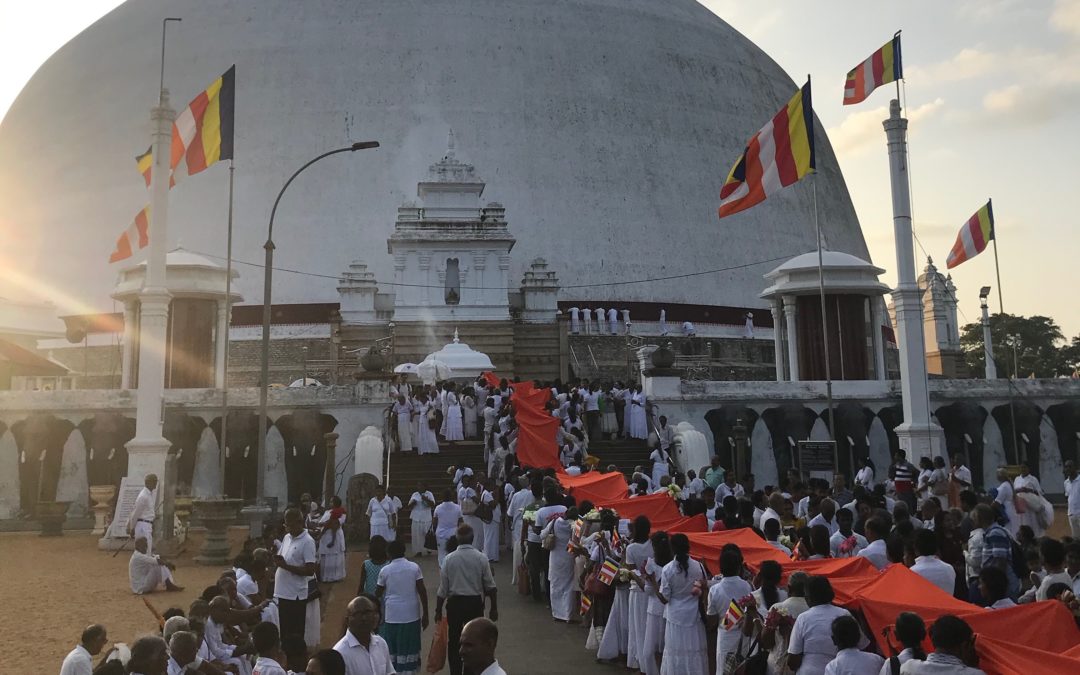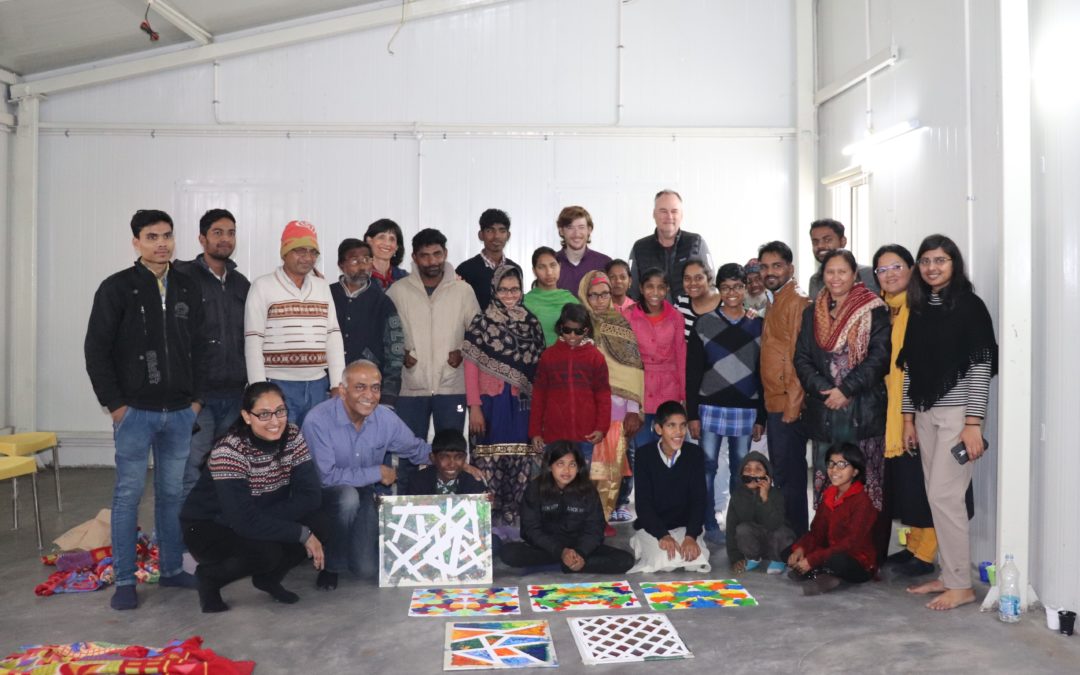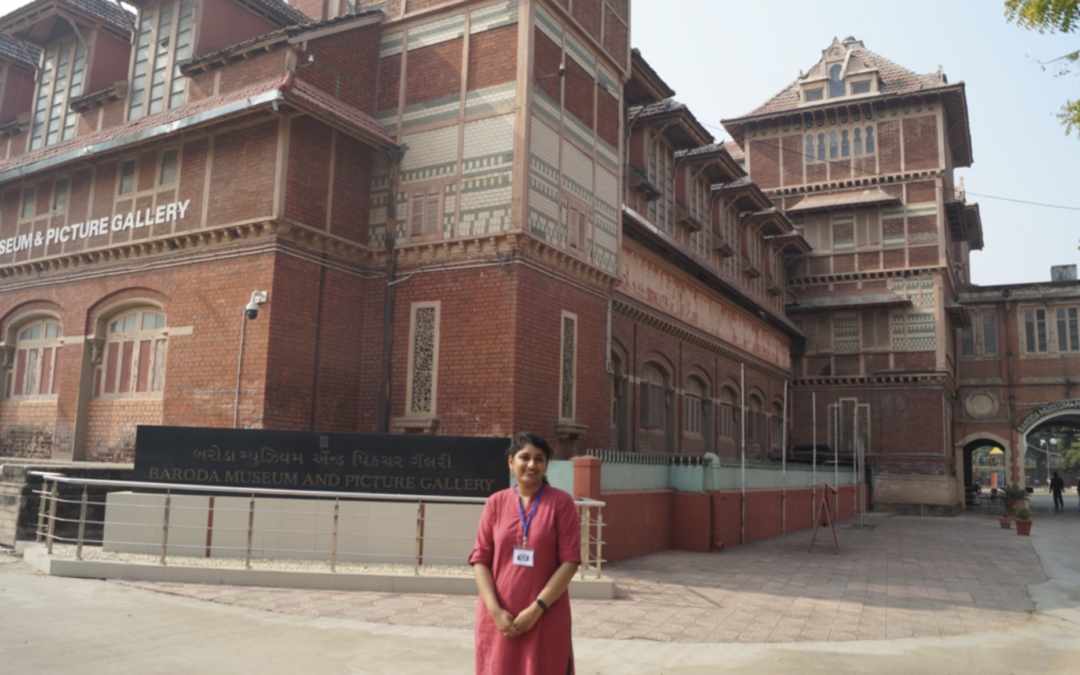Nivedita Saksena: Digitizing India’s Health Data Exchange
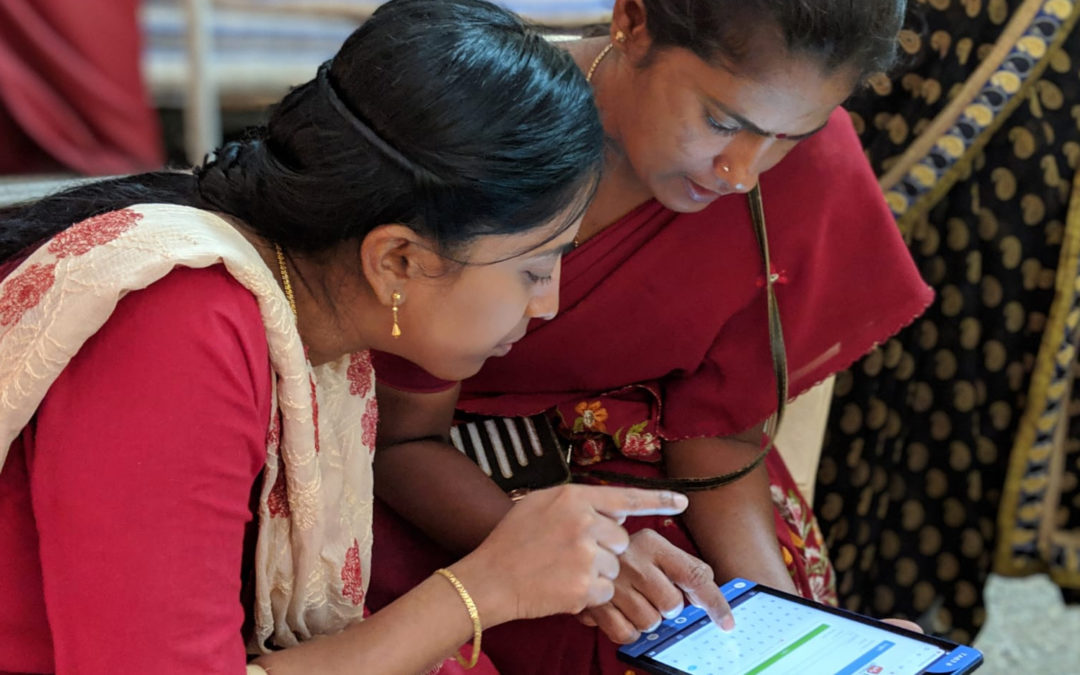
The India Digital Health Network (IDHN) is a research and policy collaborative focused on the development of a patient-centric and provider-friendly health data exchange ecosystem in India. Recently, the IDHN team submitted comments to a Joint Committee of the India Parliament on the 2019 Personal Data Protection Bill, which aims to protect the personal data of individuals throughout India. To learn more, we spoke with Nivedita Saksena about her role as the first IDHN Policy Fellow and the accomplishments, goals, and future of IDHN in India.

